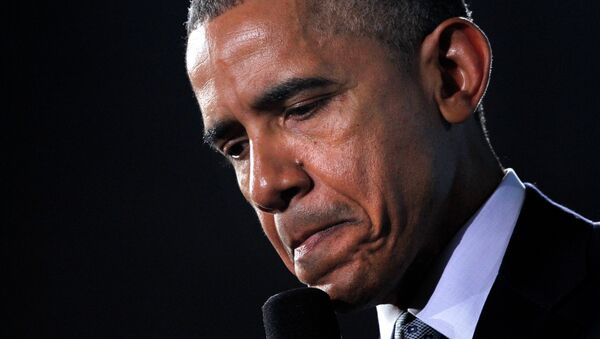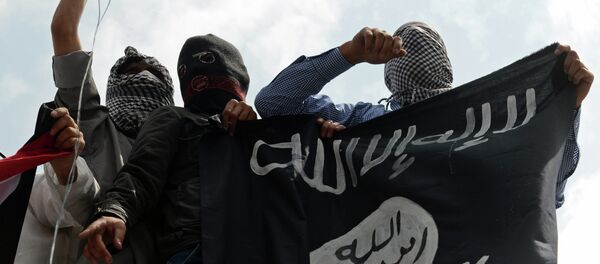Any political decision made during wartime by a country's chief executive can either tip the balance in his favor or undermine his political career, because voters are usually more ferocious in turning on their leaders, when the war is getting messy, noted Robert W. Merry, a writer and political analyst.
"Woe be to the president who finds himself in a war he can't win and can't get out of, or finds that the price of war far outweighs the promised benefits, or learns that the rationale for war doesn't hold up."
Harry S. Truman's military adventure in Korea led to painful stalemate: "Truman struggled with a war he could not win, could not walk away from, and could not afford to lose," the writer noted adding that the Eisenhower cabinet finally threw in the sponge, accepting a communist North Korea.
Truman's failure did not stop Lyndon B. Johnson from luring the United States into the Vietnam war – the adventure doomed from the start, according to some experts. Almost 540,000 of American troops were involved into the military campaign "that seemed to have no end in sight." Eventually, America's "body count" undermined domestic support for the war.
However, the lesson remained unlearned and US President George W. Bush "encountered just about every trap in the path of presidents who take their country to war," emphasized Robert W. Merry.
Particularly, the American leader adopted a preventive-war doctrine, which is "difficult to justify in philosophical terms." Then he invented a rather dubious war rationale (which later crumbled under careful scrutiny) and "sold" the military operation as an effort to establish democracy in the "heartland of Islam."
"In the end, he simply announced a timetable for withdrawal with the hope that things would remain relatively stable in the land he had totally upended. Of course, they didn't."
Regardless of the fact that Barack Obama "inherited a mess" in Iraq and Afghanistan from his predecessors, "his job was to clean it up," insisted the analyst. However, the situation in Iraq, Afghanistan and the surrounding region became worse under Obama's presidency.
In contrast to President Richard Nixon, who extricated the United States from Vietnam and devised a "grand strategy" for the Asian region, Obama yet has not worked out a "coherent strategy" for the Middle East, Robert W. Merry underscored.
Barack Obama "helped to destabilize" Libya, that has since then plunged into an endless turmoil; remained mute while watching the power game in Egypt and "mocked the significance of the ISIS [ISIL] menace in Syria and Iraq."
On the whole, the US President demonstrated he was confused about what his foreign policy strategy should be, the analyst underscored, placing Obama in the company of other four US' worst wartime presidents.


